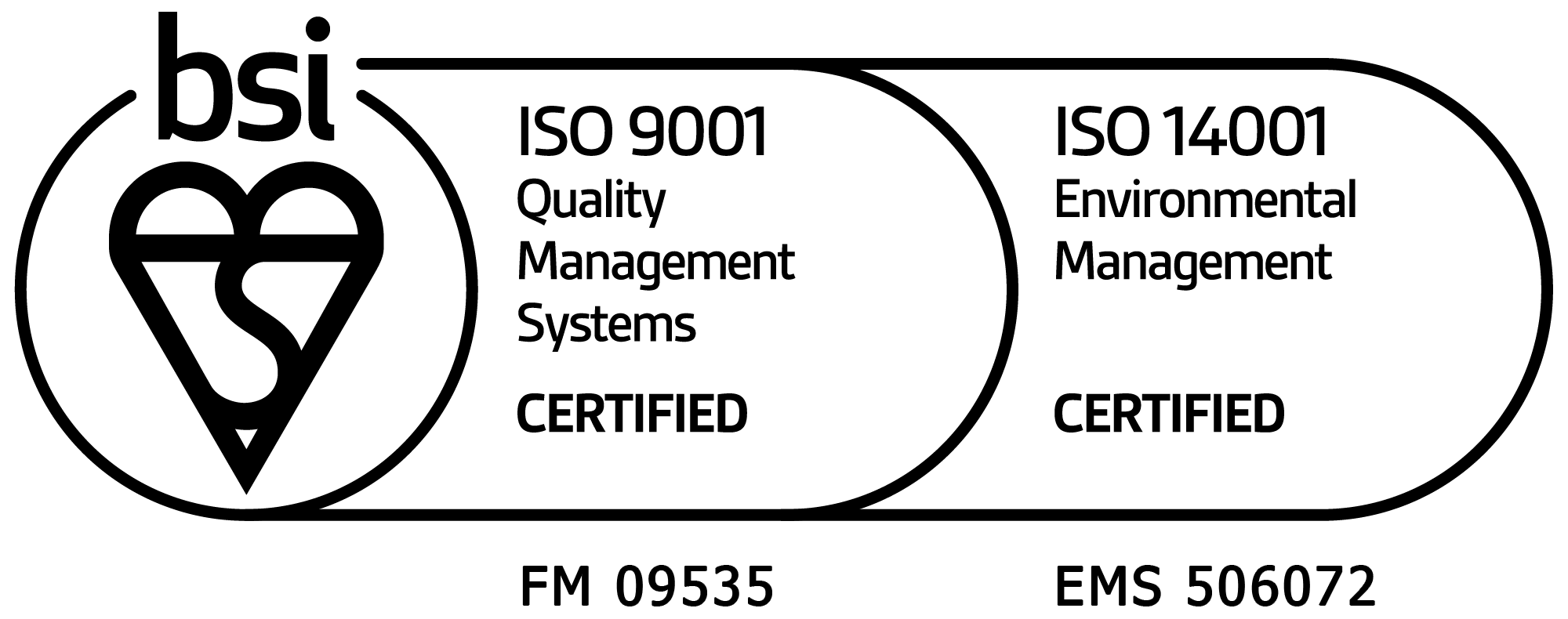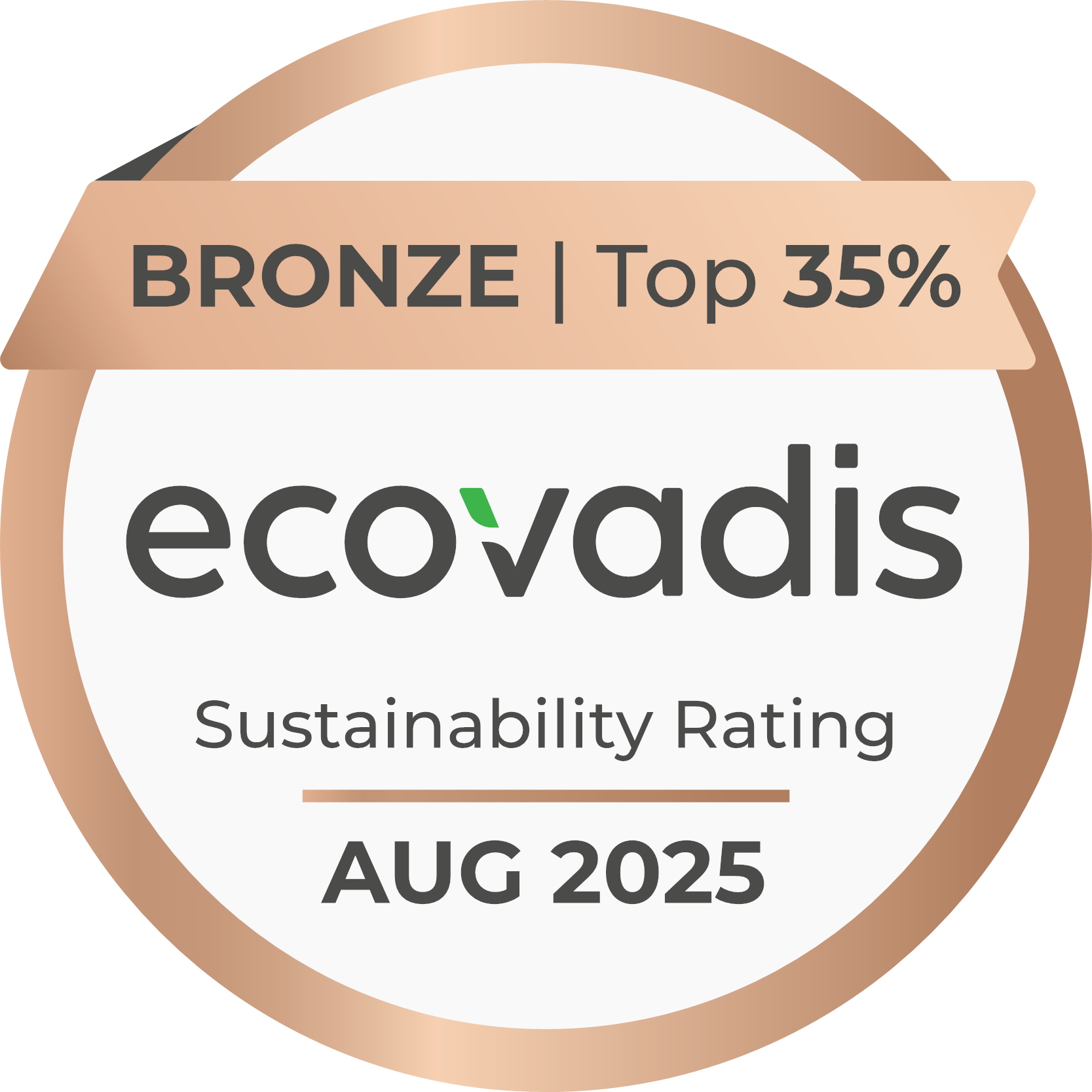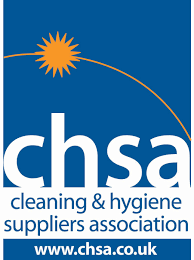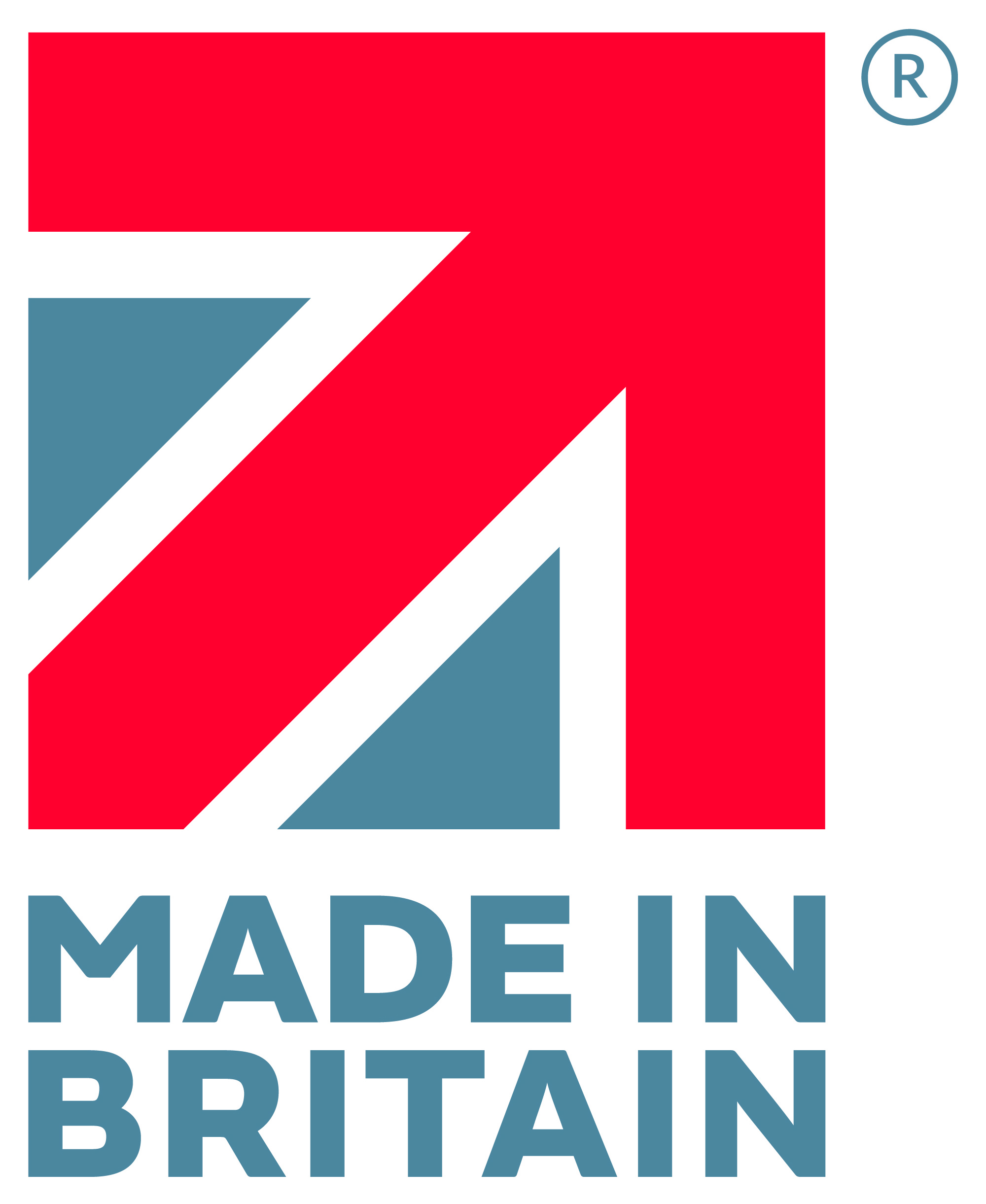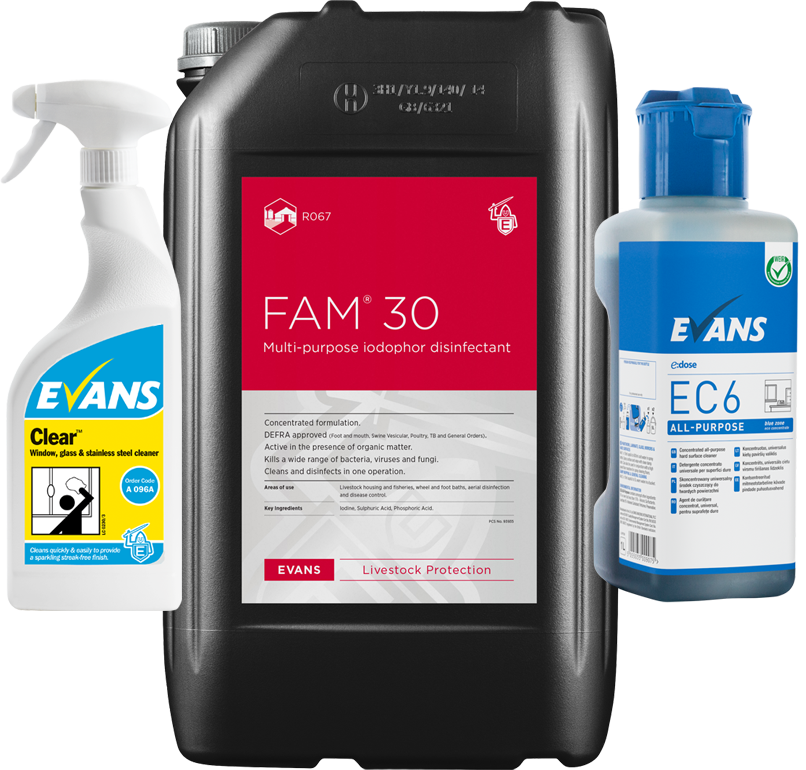20 June 2022
'Greenwashing' is a form of marketing, often used to describe the process of spending more time and money on marketing something as 'green', rather than looking for proven, sustainable solutions. It can give a false impression that a company's products and methods are more environmentally-friendly than they are. The methods used can be misleading and claims are often unsubstantiated.Be curious when selecting your chemical cleaning products.
Some examples of Greenwashing are:
'All natural ingredients'
Some chemicals can be derived from natural plant based sources, but obtaining the amounts required in our industry is often unsustainable without using synthetics. Some of the newer synthetic variants can actually be more effective.
'Eco-friendly' 'Non-toxic'
Widely used but unregulated terms. Check product labels and Safety Data Sheets, as products may still contain substances which are harmful. All ingredients and processes have some environmental imapact, even water!
'Green' logos and markings
Labels and promotional material often contain imagery which implies green credentials, without any supporting data. They are often misleading and special attention should be paid to any * fine print.
The Competition and Markets Authority launched its GREEN CLAIMS CODE as part of a wider campaign during COP 26. Its purpose is to help businesses understand and comply with obligations under consumer protection law when making environmental claims. More information can be found on the GOV.UK website https://greenclaims.campaign.gov.uk/.
You can download a copy of this information HERE.






